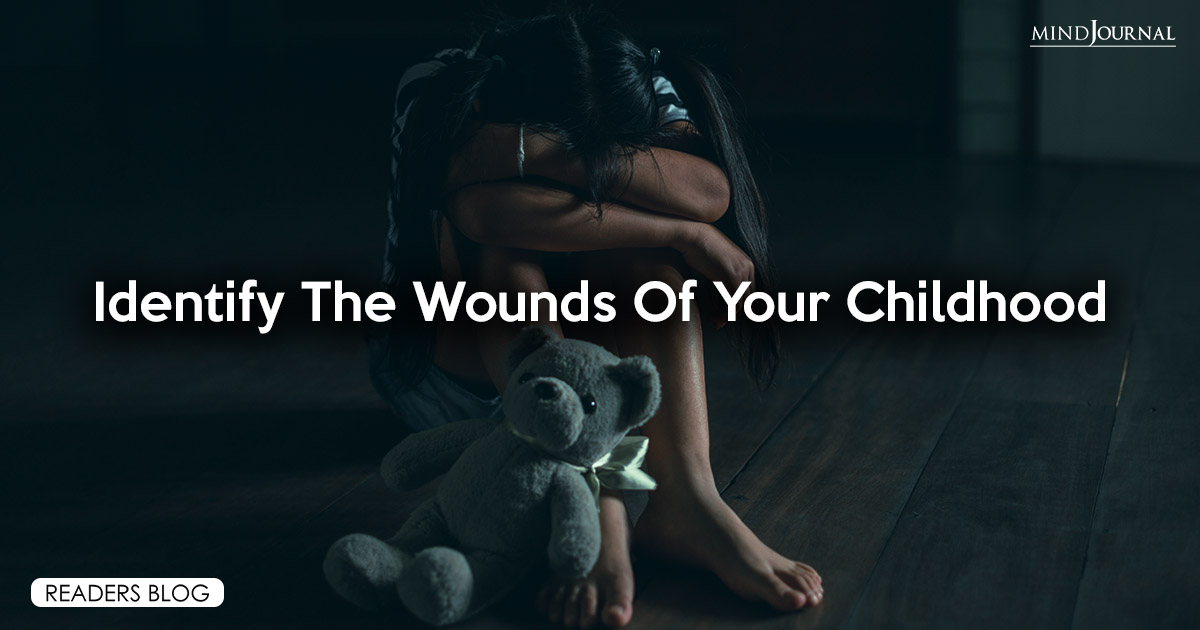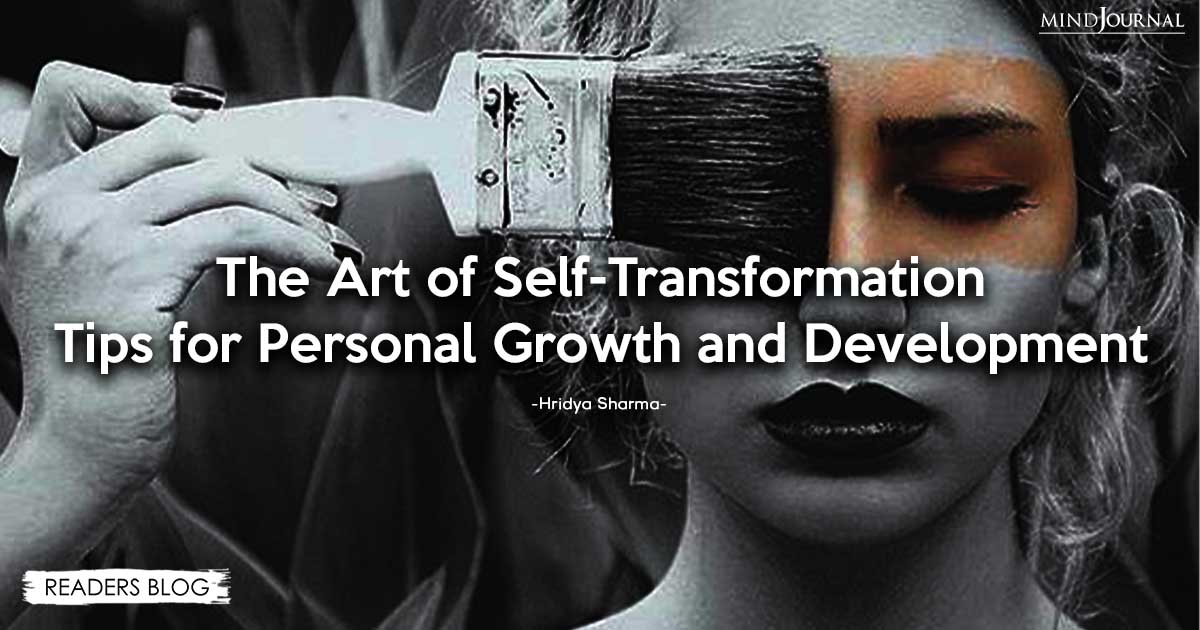Jehn Kubiak
“You can’t possibly save someone’s life if you have emotional breakdowns,” someone told me this summer. I still completely disagree with their statement and feel that my anxiety disorder does not hinder my abilities in any way.
It seems counterintuitive, but those who have truly suffered from any sort of anxiety disorder know that anxiety is different for each person––different triggers yield different reactions. My specific triggers all relate to atelophobia, which is the fear of never being good enough or never doing thing swell enough to please anyone. I received comments about my work, which made me feel like that person only saw the mistakes I made over my hard work. Therefore, I had a couple of anxiety attacks after I received this feedback.
However, after talking with a close friend in another department, I realized that I reacted the way I did because I’m human. If other hard workers received the same comments, they would probably feel the same way. Now, they wouldn’t have panic attacks, but they would probably feel the same emotions: upset and devastated. I do acknowledge that I still struggle with being too hard on myself, but these emotions have not affected my work performance. If anything, receiving these corrections creates a burning drive to prove to other people that they’re wrong––I really am a hard worker and can perform tasks I’m trained to do.
With that in mind, even though lifeguarding is a stressful job, I believe I can lifeguard successfully because I am confident in my abilities. I’ve been recertified three times and have completed multiple staff trainings. As a result, my mind and body have internalized this knowledge. If I see someone who’s injured or drowning, I know for a fact I can make the proper rescue and provide the proper method of care without hesitating.
Actually, I responded to a call at the beginning of the summer season, in June, for a severely torn shoulder and twisted ankle without even feeling unsure of myself. After I reached the injured girls that day, I immediately defaulted to my training and asked the proper questions: “How did this happen?” “On a scale of one to 10, how severe is your pain?” “What are you currently feeling?” “Can you feel anything in this part of your shoulder?”
Even though I do suffer from anxiety, I also am a kinesthetic learner––meaning that I learn by practicing skills repeatedly––and have outperformed my coworkers in certain areas at other jobs, despite having less experience, because I practiced those skills over and over. For instance, I worked for the student newspaper during my undergraduate education, and within my first semester, I became a more skilled writer than some of the second year students. Therefore, I do not become anxious as a lifeguard because I know for a fact that I will default on my training––after all, there’s nothing to become anxious about if I know what to do. I have practiced water rescue techniques so many times that I know without a doubt I could save someone’s life.
In my three years of lifeguarding, I have made a couple assists successfully. I also completed two emergency simulations when I worked at a camp called Forest Home, where the fire department and RNs were called in. During these situations, we activated our Emergency Action Plan and rescued two different victims: one with a neck injury at the lake and a seizure victim in the deep end of the pool.
Some people with anxiety would instantly become distraught or overwhelmed due to overwhelming emotions and fear. However, I didn’t panic: instead, I relied on my training. After these simulations, my boss said I completed these scenarios successfully and that he was confident in my abilities.
Yes, it’s possible I could become a little nervous during an emergency situation––and who wouldn’t? After all, someone’s life is on the line, and you have to sort through a memory bank full of rescue training. However, I have always proved myself a competent lifeguard, and if I never told my supervisors about my anxiety disorder, I do not believe they would doubt my abilities.
I would not still be lifeguarding after three years if I wasn’t steadfastly sure I could handle the stresses the job comes with. Although I felt a bit anxious about certain things during my first year of lifeguarding––such as rescuing a submerged victim––I immediately dealt with those fears and found strategies to manage them if they ever came up again. The best cure for anxiety in any job is complete confidence, whether that’s through encouragement from coworkers, asking clarifying questions if you’re unsure about something, or just practicing the same skills over and over again so your body can take over your mind during anxiety-inducing situations.
I know I’m not the only one who has received unfair treatment due to their anxiety disorder or other mental illness. Anxiety does not have to become a permanent disability––ultimately, confidence overrules worry in any job. If your boss, managers, or supervisors believe it is an issue, then prove to them that you can perform the necessary tasks. If they see everything through a filter of mental illness, then explain to them how your anxiety disorder works and tell them about the strategies you’ve developed for specific situations that could make you anxious. However, do not let them put you down because of your anxiety––everyone has weaknesses, and if you’ve proven yourself a great employee, your employer has no excuse to hold that against you, as I have been learning this month.
Those who have suffered from anxiety are some of the most courageous people alive––take that courage and show everyone that you can truly be successful. Never lower yourself to someone else’s standards. Go for your goals if you know you can achieve them, even if the world says you can’t.








Leave a Reply
You must be logged in to post a comment.